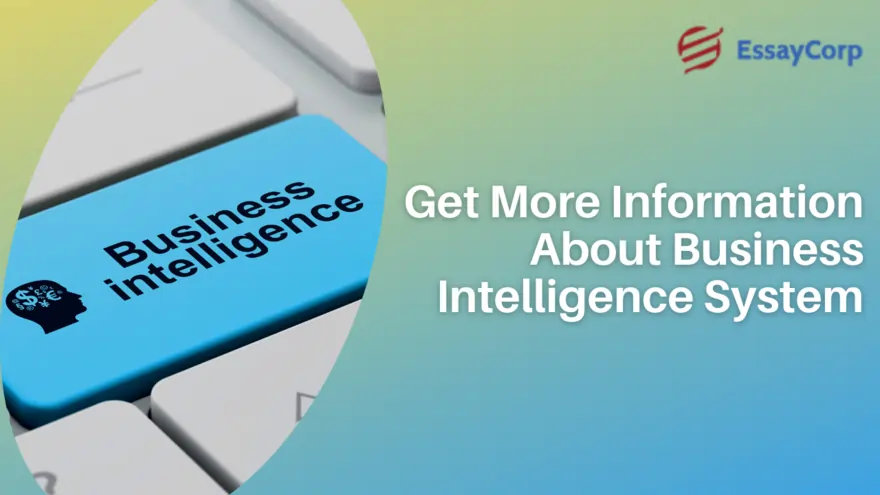Business intelligence, as the term suggests, deals with gathering and analyzing information related to a business. It includes various tools and techniques to collect, generate, process, and analyze data. Business development executives and other stakeholders utilize this data to enhance the outreach of the organization.
Business-related information is collected from its internal IT system and external sources. Then this information is managed, analyzed, and reported so that data-led decisions are made for the growth of the Business.
Steps in Business Intelligence
The process of business intelligence includes various interconnected steps. Mainly there are following five steps:
-
Data Sourcing: the first step is generating and integrating data. Then it is stored in data repositories, also called data warehouses.
-
Organize Data: this step organizes data into analytics data models or OLAP cubes. Then these models are prepared for analysis.
-
Data Analysis: Business intelligence analysts then analyze this organized data with the help of other analysts.
-
Reporting: here, data visualizations, dashboards, and related reports are crafted for reporting the findings.
-
Use of Information: the findings of this analysis are then utilized by executives and workers for the best possible growth of the Business.
Tools and Techniques of Business Intelligence
The procedure of business intelligence is highly technical and demands professional analysts to give up on the mark findings. Thus, there are various methods and means that are utilized for it.
-
Online Analytical Processing(OLAP): This tool helps analyze the data in multiple dimensions. It is the best tool when it comes to complex queries and calculations.
-
Ad hoc Querying: It is a crucial feature of self-service business intelligence tools. This mechanism is utilized mostly temporarily but often ends up being run regularly. This method is also known as Ad hoc analysis.
-
Mobile Business Intelligence: Mobile BI provides applications and dashboards on smartphones and tablets. This methodology is mainly used to view the data rather than analyze it. It displays only 2-3 visualizations at a time.
-
Real-time BI: This mechanism analyses the data at its creation, collection, and processing to precisely give the most recent information. The stock market is the best example of a real-time business intelligence system.
-
Operational Business Intelligence: It is a form of real-time analytics that enhances an organization's operating system to provide the best quality services. Its short term is Operational Intelligence. Call centers are the best examples of it.
Besides the means mentioned above and methods, there are other mechanisms like Software as a Service BI (SaaS BI), Open source BI, Location Intelligence (LI), etc.
Benefits of Business Intelligence
Business units utilize BI to optimize their customer base and market access. It also helps them in staying ahead of their competitors. Some of the significant benefits of business intelligence are:
-
Enhanced decision-making: the data obtained through BI is utilized in future decisions. It enhances them with the help of real-time trends. Besides that, it also leads to quick decision-making.
-
Future Growth: BI data is used to chart out the direction of future growth of the Business based on market trends. This helps in identifying the challenges and opportunities in the market.
-
Optimize Business: business intelligence also helps optimize the internal and external business process, enhancing profitability.
-
Stay ahead of Rivals: using BI data, an organization can gain an edge over its rivals and competitors in the market. It also helps collect information about competitors. This helps to chart out a well-informed plan of action.
Overall, BI data supports an organization's present and future growth based on its previous performance and the dynamic market scenario.
Academics of BI
The field of business intelligence is very vast and highly dynamic. One has to stay up-to-date regarding the market scenarios, new technologies and tools, and new methods of BI so that the association, which has hired him, performs best among all its rivals.
The topics covered in the BI course include Business Analysis, Data Mining, Data Science, Data Warehouse, Accounting, Data Modelling, etc.
Students have to do many lengthy assignments and projects during their academic years. This is the moment where we, EssayCorp, enter the picture. Here, you will get the best business assignment support in a plagiarism-free manner. Our writers have worked in this field for over ten years and will provide you with top-notch assignment writing help for all your academic work.



